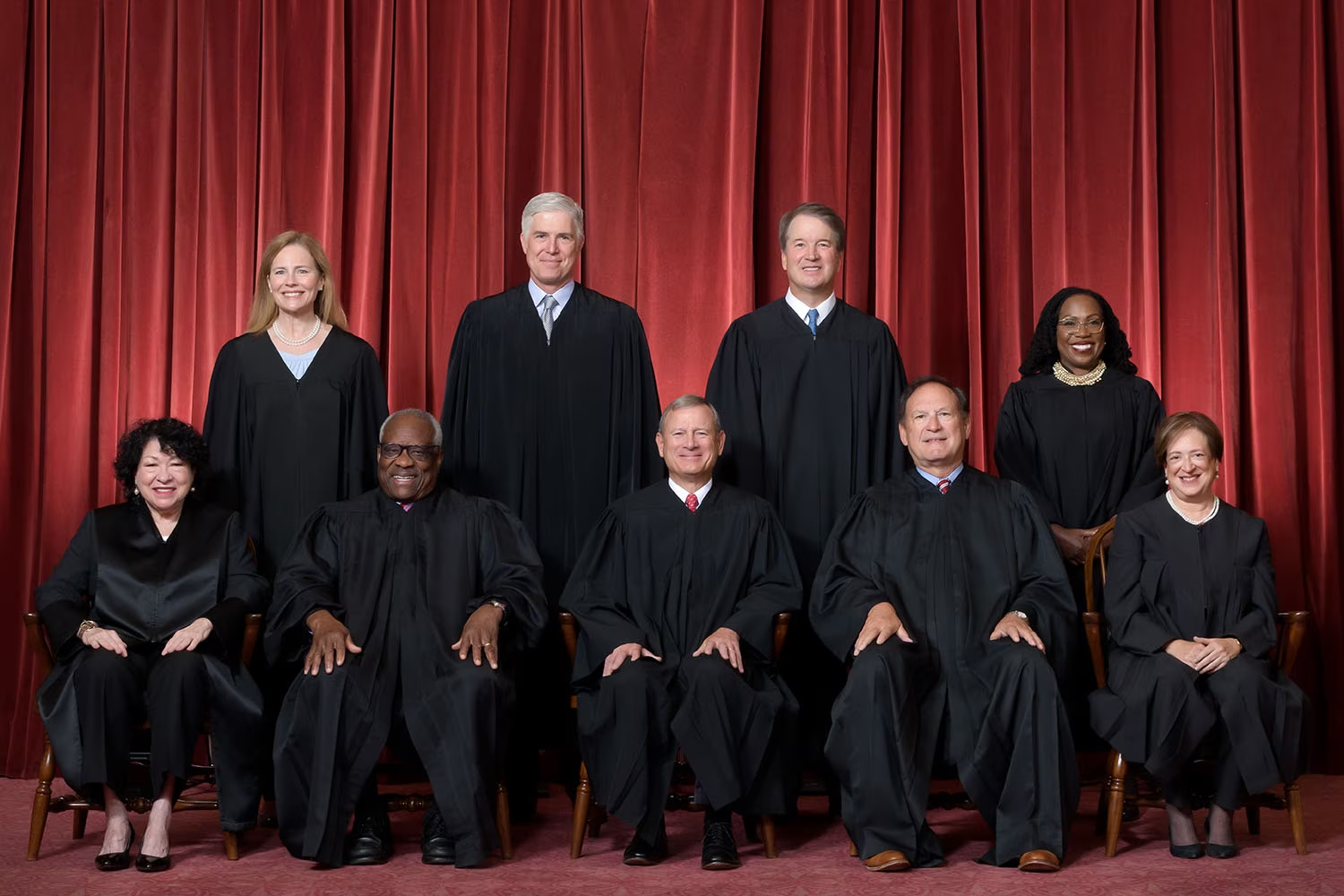A recent Supreme Court decision that substantially narrowed the Environmental Protection Agency’s authority to regulate millions of acres of wetlands is expected to open more land for development.
More than half of the nation’s wetlands could lose protection under the Clean Water Act, according to environmentalists and legal analysts. This concerns water quality advocates who fear the ruling will lead to degraded water supplies.
From a developer’s perspective, projects will have fewer regulatory hurdles to overcome, making them faster to move from conception to construction. This could make new housing developments more financially viable during a time of acute housing shortages in many areas of the U.S., they point out.
The case, Sackett v. Environmental Protection Agency, involved an Idaho couple who tried to build a house on property they’d purchased. The couple filled a soggy part of the property with sand and gravel to prepare for construction. The EPA ordered them to halt construction and return the property to its original state. The couple then sued the agency.
Related Stories
| Oct 18, 2012
EPA commercial building lead paint rule pushed back to 2015
The U.S. Environmental Protection Agency's inclusion of commercial buildings in a residential lead paint rule is being delayed until 2015.
| Oct 18, 2012
Chicago pushing green roofs to reduce heat island effect
The city of Chicago has mandated that all new buildings that require any public funds must be LEED certified, usually with a green roof.
| Oct 11, 2012
OSHA launches pilot program for alternative dispute resolution on whistleblower complaints
The Occupational Safety and Health Administration (OSHA) is launching an alternative dispute resolution (ADR) pilot program for complaints filed with OSHA's Whistleblower Protection Program.
| Oct 11, 2012
Bill promotes investment in commercial, multifamily retrofits
The Commercial Building Modernization Act recently introduced in the Senate would extend and streamline a current tax deduction to encourage commercial and multifamily residential building owners to perform comprehensive energy-efficient retrofits.
| Oct 11, 2012
Morristown, N.Y., settles code violation dispute with Amish
The town of Morristown, N.Y., has dropped charges of building code violations against local Amish communities to settle a First Amendment complaint.
| Oct 11, 2012
Mesquite, Nev., rebels against state-mandated energy code
The city council of Mesquite, Nev., voted against adopting a new energy efficiency code adopted by the state.
| Oct 11, 2012
Bloomingdale, N.J., restricts ground solar and wind energy installations
The borough of Bloomingdale, N.J., recently adopted regulations for solar-energy and wind energy systems.
| Oct 3, 2012
Bill introduced to extend home energy efficiency tax credit
A bill to extend the expired residential energy efficiency tax credit for installing qualified furnaces, boilers, central air conditioners, and heat pumps was recently filed in the U.S. House of Representatives.













